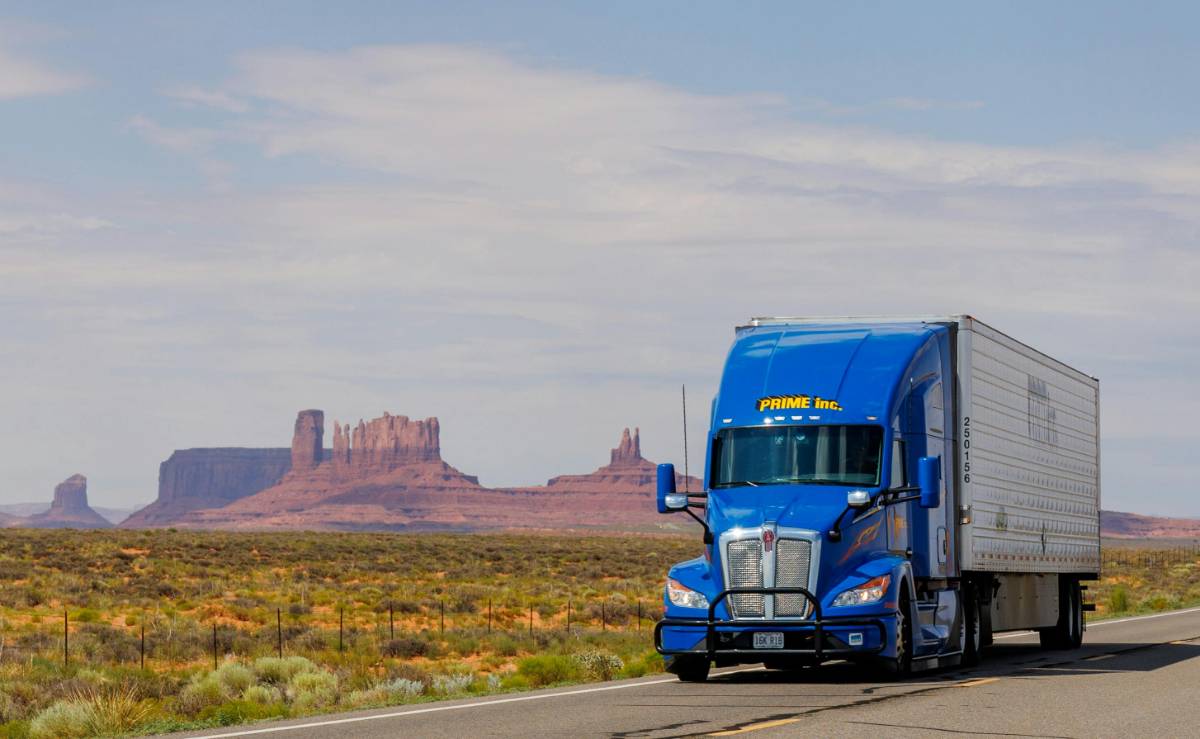
Federal and State Requirements for Truck Insurance in the U.S.
Operating a commercial truck in the U.S. requires meeting both federal and state insurance requirements. These regulations ensure that trucking businesses carry sufficient financial responsibility in case of accidents or damages. Understanding these requirements is essential to remain compliant and avoid penalties.
Federal Requirements for Truck Insurance
The Federal Motor Carrier Safety Administration FMCSA sets the baseline insurance requirements for commercial motor vehicles CMVs operating across state lines. These requirements vary depending on the type of freight and vehicle involved.
Here are some of the minimum federal liability coverage amounts:
• 300000 for nonhazardous freight in vehicles under 10001 pounds.
• 750000 for nonhazardous freight in vehicles over 10001 pounds.
• 1000000 for oil transportation nonhazardous for hire and private carriers.
• 5000000 for hazardous materials and explosives.
All carriers must file proof of insurance with the FMCSA using forms like the BMC91 or BMC91X. Without this proof, carriers cannot receive or maintain their operating authority.
State Specific Insurance Requirements
In addition to federal mandates, individual states have their own insurance requirements for intrastate carriers those operating solely within one state. These can include:
• Higher or lower liability minimums.
• Workers’ compensation coverage.
You might also like
1. Federal and State Requirements for Truck Insurance in the U.S.2. The Role of Government Programs in Affordable Insurance3. The Importance of Uninsured and Underinsured Motorist Coverage4. Open Enrollment: What You Need to Know• Cargo insurance for specific commodities.
For example, California requires a Certificate of Insurance Form MCP65 while Texas mandates Form E for intrastate operations. Some states may even require additional filings such as Form H cargo insurance.
It's essential to check with the state Department of Transportation DOT or Public Utilities Commission for the exact requirements in the states where your trucking business operates.

Unified Carrier Registration UCR
Trucking companies operating across state lines must also comply with the Unified Carrier Registration UCR system. The UCR fee is based on fleet size and is required in addition to standard insurance filings. While it doesn’t replace liability coverage, UCR compliance is mandatory for lawful operation.
Why Compliance Matters
Failure to maintain the proper insurance coverage can result in severe penalties including:
• Suspension or revocation of operating authority.
• Hefty fines and citations.
• Vehicle impoundment.
• Legal liability in the event of an accident.
Conclusion
Federal and state insurance requirements exist to protect both trucking companies and the public. Staying up to date with the specific coverage minimums and required forms for your operation type ensures compliance, avoids disruptions, and builds trust with clients and regulators alike. Regularly reviewing these obligations will help your trucking business stay road ready and legally secure.
About the author
Ethan Harris is a seasoned finance writer with over 8 years of experience helping millennials and Gen Z take control of their money. With a background in economics and a passion for demystifying complex financial concepts, Ananya shares actionable tips on budgeting, investing, and building long-term wealth. Her mission is to make financial literacy accessible, relatable, and empowering — no jargon, just smart money moves.


